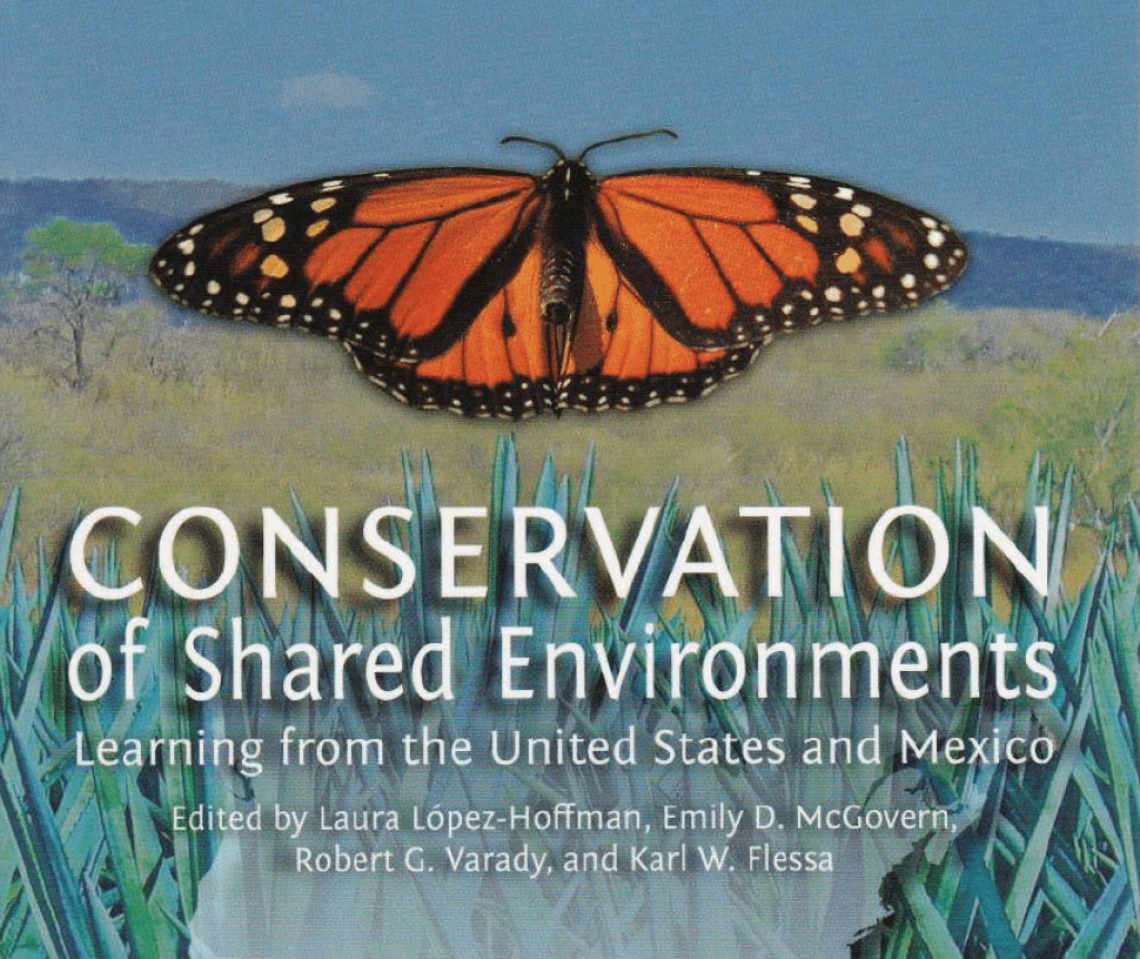A Convergence of Borders: Indigenous Peoples and Environmental Conservation at the U.S.-Mexico Border

Close to-forty Indigenous communities, Native nations, and traditional land-use areas are located near to the current international border; many have traditional connections across that border. In Mexico, no formal legal recognition exists for autonomous Indigenous communities. This situation constitutes one of the major challenges to involving Indigenous communities in border conservation, environmental regulation, and policy. In the United States, the system of federal recognition provides a legal framework through which Indigenous governments are formally represented. This recognition, however, provides little opportunity for including Indigenous governments in environmental regulation or conservation policy making. Despite these legal barriers, effective partnerships for implementing conservation policy have been created through voluntary programs initiated by federal governments, Native communities, and other organizations. Progress requires a systematic legal framework in which Indigenous communities and their governments can have access to the governmental processes that drive environmental regulation and conservation policy. lntroduction The international border between Mexico and the United States separates more than two neighboring countries. This political line also separates specific Indigenous lands and people, and in the process it artificially divides ecosysterns and landscapes.
Citation
Starks, Rachel Rose, and Quijada-Mascareñas. 2009. "A Convergence of Borders: Indigenous Peoples and Environmental Conservation at the U.S.-Mexico Border." In Conservation of Shared Environments: Learning from the United States and Mexico, edited by Laura López-Hoffman, Emily McGovern, Robert Varady and Karl Flessa, 54-70. Tucson: University of Arizona Press.

